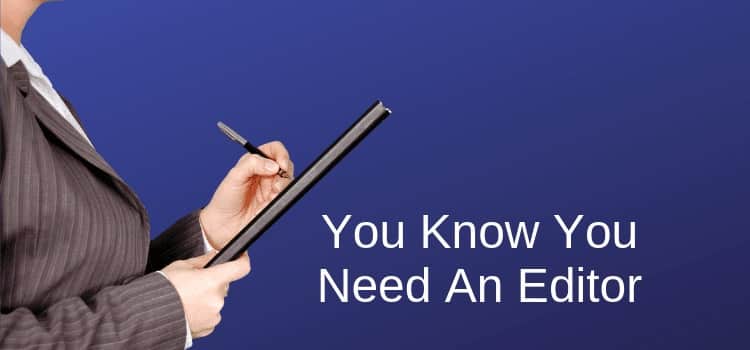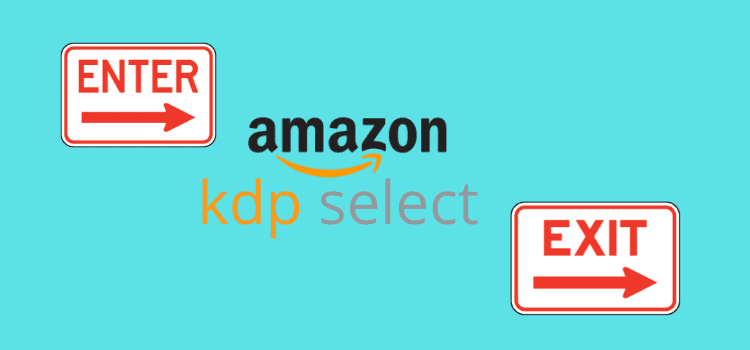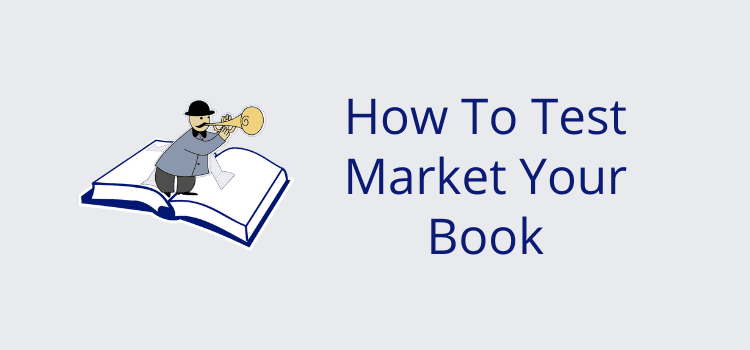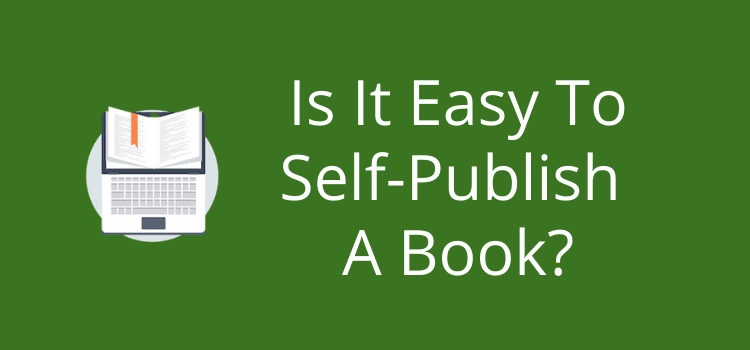
Can you afford to pay for a professional book editor? For most self-publishing authors, the answer is probably no.
The cost of developmental editing, copy editing, and line editing are all very expensive. In a traditional publishing house, professional editors and proofreaders are part of a lengthy and costly book production process.
For independent authors, you can hire a freelance editor. But these editors who work on an hourly rate don’t come cheap either.
Any form of professional editing will cost you a lot of money. But editing books is essential before publishing. So, what can you do to prepare a clean manuscript?
Putting the self into self-publishing
Yes, there are some self-publishing professionals.
They invest in a professional designer for a terrific cover.
But also for book editing services, formatting and typography design, advertising, book promotion, and publicity.
But let’s be honest; these are a rarity.
In general, self-publishers are usually both authors and editors. It means that you take on the responsibility for all the tasks involved in book publishing.
But it doesn’t mean that you have to do everything yourself and rely on only free tools and services.
You will always have some expenses if you want to publish a successful book.
A professionally designed book cover is always an excellent idea. You should also think about paying a little for advertising and book promotion.
But you don’t need to break the bank and spend like a major publishing company.
Invest modestly and wisely in what you believe are the essentials you need.
You can do a lot to edit your book

If you need a book editor but can’t afford one and plan to self-edit your book, you need four things.
Helpful friends, the best writing and editing tools you can find, your eyes, and later, a few willing friends to help you again.
Editing and proofreading a long manuscript is a tough job. It’s hard enough if you are working on a 2,000-word article.
But if your novel is between 40,000 and 110,000 words, it is a very long and painstaking task.
You have to take your time, get others to help you, and be meticulous.
If you are close to finishing your manuscript, it’s time to start planning. Preparing a manuscript before publishing needs much more work than a quick proofread.
There are four separate stages you need to go through.
1. Story assessment from beta readers
You have to know if your story works.
To do this, you need to step away from your manuscript for a few weeks at least. But during this time, get some friends to help you.
Beg, borrow, steal, or offer chocolates to find beta readers. But you need to find at least two people to read your story. Ask friends, family, or some of your social media contacts.
Tell them not to worry about typos, grammar, or spelling. You only want to know if the story grabs them or not.
Ask them to note what they like and don’t like and any inconsistencies or problems with the plot or characters.
Make it easy for your beta readers. You can use the free Calibre app to convert your manuscript into epub or mobi for Kindle so they can read your book on any device they have.
The more suggestions you can get back from your readers, the more it will help you improve your storyline.
When you get all the feedback, go back to your manuscript. It’s time for your next draft.
Make all the changes and edits you think are worthwhile or necessary to improve your story.
2. Evaluating and editing your manuscript
You can’t afford a copy, line, or book editor. But you can afford the tools to help you perform similar functions.
When you start checking your manuscript, the first step is assessing the consistency of your writing.
You then need to check overused and repeated words, redundancies, sticky sentences, readability, and transitions.
You need to do other checks for consistent punctuation and matching dialogue quotes.
Of course, you have to check your grammar and spelling too.
That is a lot of checking to do.
The best way I have found to tackle this stage is to use two premium writing tools.
Yes, I always use two because no online app is perfect. By using two, one can find what the other misses.
I use one mainly for writing style and the other for grammar and spelling.
Prowritingaid is the first writing tool I always use when checking a manuscript.
With the premium version, you can access twenty different reports to help you craft your writing.
Work your way through each report. You will always find a lot of improvements you can make to your manuscript.
Even though Prowritingaid does a great job checking for grammar and spelling, I always like to have a second opinion.
That’s why I use Grammarly for one final and complete check for grammar and spelling errors.
Your small investment in these two premium tools will be money spent wisely.
You will have everything you need to help you produce a much better manuscript.
If your budget is tight, at least invest in one of these premium tools.
They both have free versions, but these free apps will only find basic and critical errors, which is not good enough to edit a long manuscript.
3. Back to your beta readers
You have crafted, styled, and corrected your manuscript. Now it’s time to ask your beta readers to help you one last time.
Again, convert your clean manuscript to epub and mobi.
When you send them your revised ebook file, this time, ask them to read it and check for any typos, grammar, or spelling mistakes.
But also tell them there shouldn’t be too many because you have checked and double-checked.
While waiting for their feedback, take another long break from your story.
It will help you clear your mind and be fresh and ready for the last stage of self-editing your book.
When you hear back from your readers, make any last adjustments or corrections to your text.
4. One last meticulous proofread
Now you need your eyes.
When you start your proofreading, divide your work into chapters. Don’t start reading from page one and progress through your book page by page.
Break up the order so you can concentrate on the words and not the story. Perhaps start with chapter seventeen.
It is a very good idea to print out each chapter. Our brains work differently when we read on paper instead of on a screen.
Work your way through each chapter, but out of order. It will help you concentrate on finding any minor typos or errors.
Tick off each chapter when you finish until you have worked through the entire text.
It will take you some time to get there.
But when you finish, you will know that you have done the very best you can to be a competent book editor and proofreader.
Summary
After you take all these steps, your manuscript is ready for publishing.
Your finished manuscript will now be so much better than your first draft.
Will it be absolutely perfect?
Perfection is very difficult to achieve, and it will always depend on how meticulous you are.
Every author would love to be able to afford an award-winning book editor. However, this is a fantasy for almost all self-publishing authors.
The best you can do is to use your friends, reliable writing tools, and your eyes.
You can produce a clean manuscript if you take your time and take breaks between each self-editing stage.
Related reading: How To Check Dialogue Writing Consistency In Your Manuscript




True “self publishing” would be write the book yourself, hire your own developmental, content and copy editors, hire your own cover designer, scout out and contract with your own printer (Lightning Source in Nashville is a tried and true way to go, but there are others), organize your own marketing campaign, distribution outlets, and do your own accounting. Amazon does have systems that can help, but I have a good friend who was disappointed with Amazon. If you can locate an honest, caring and reliable hybrid publisher, that may work well. Much depends upon chemistry between you & their people. And how much they actually come to care about you and your book. None of this is easy–or simple. But remember that John Grisham got started, after failing to snag a traditional publishing contract, printing his own book and selling it out of the back of his station wagon as he drove across Mississippi. All best with your book project!
Thanks a lot, Mr. Haines, I truly appreciate your works.
I am a rising author, and I’m about to complete the rough
draft of my very first book. Please, can you help me with
the editing and formatting process?
As a writer as well as an editor, I have found that it is essential to get an outside view of my own works. It is money well spent after I have done all the polishing I can. There are ALWAYS things I have missed.
On the other side of the coin, I believe it is good editing practice to take cognisance of the amount of editing work put in by the writer, and to moderate the cost accordingly. I don’t charge anything like the same amount for altering every few pages as for every few sentences.
Do you offer editing services? If so, what are your rates?
I’m sorry. We don’t offer editing services.